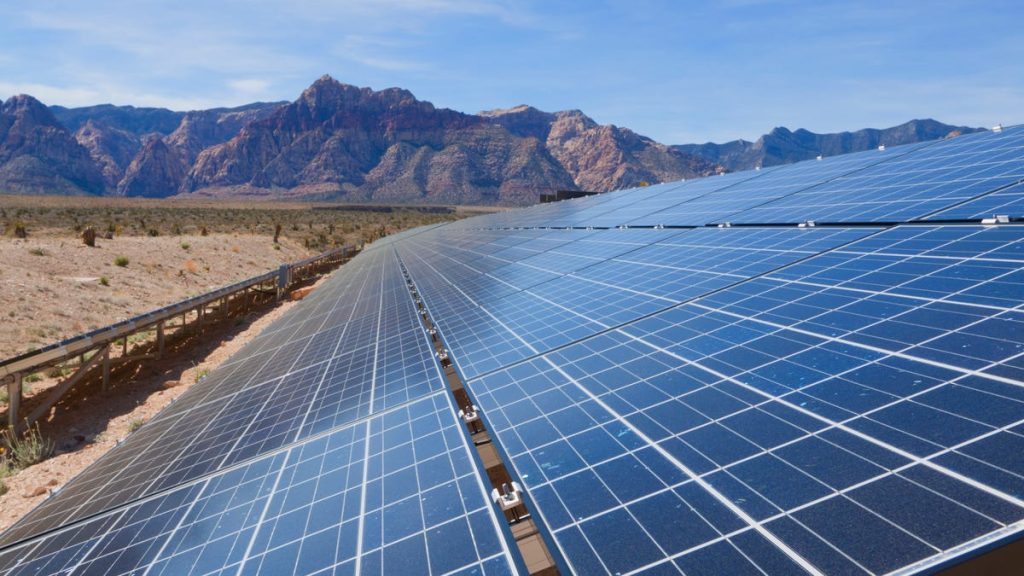Residents in Nevada face challenges when it comes to installing solar panels due to limited financial incentives offered by the state. While there are some federal tax credits available, Nevada does not offer any special tax credits or loan programs for solar panels themselves. The state’s utility companies, such as NV Energy, provide some programs to help residents install solar thermal systems, offering up to 50% off the cost of solar thermal with a maximum rebate of $3,000. Additionally, the federal government offers a residential clean energy credit that covers up to 30% of the cost of a new solar installation, which can also apply to other energy systems like water heaters, wind turbines, and geothermal heat pumps.
Despite the lack of local financial incentives for solar in major Nevada cities, some cities like Reno have streamlined their permitting process to make solar installations faster and less burdensome for customers. NV Energy, the utility company, offers a financial incentive for solar water heaters, covering up to 50% of the appliance cost, with a cap of $3,000. Additionally, customers can benefit from net metering, allowing them to sell excess solar energy back to the electric utility. The payback rates for net metering in Nevada vary by tier, with different rates for customers who signed up at different times.
Community solar projects in Nevada offer an alternative for residents who cannot install solar panels on their own homes. Community solar allows customers to subscribe to a portion of a commercial solar farm, supporting renewable energy projects while reducing electricity costs. NV Energy has been working on community solar projects since 2019, with plans to build between six and 20 community solar facilities. As of 2022, there were 2,000 customers signed up for the Expanded Solar Access Program, primarily low-income households. Residents can learn more about the program and sign up on NV Energy’s website.
In conclusion, while Nevada residents may face challenges in accessing financial incentives for solar panel installations, there are still options available at the federal and state levels. Federal tax credits and the residential clean energy credit can help offset the cost of a new solar installation, while programs offered by utility companies like NV Energy can provide rebates for solar thermal systems. Community solar projects offer an alternative for residents who cannot install solar panels on their own homes. Overall, by exploring the incentives and programs available in Nevada, residents can make solar energy more feasible and affordable for their homes.












